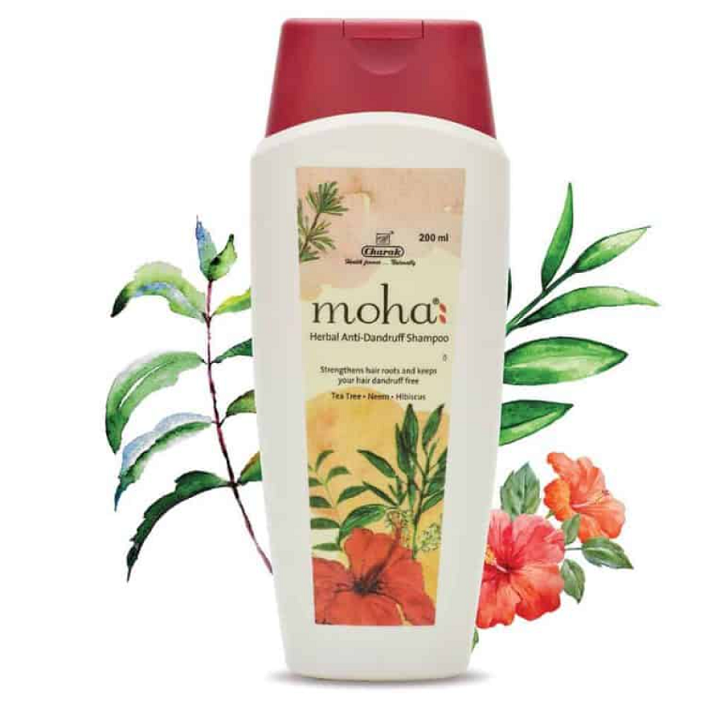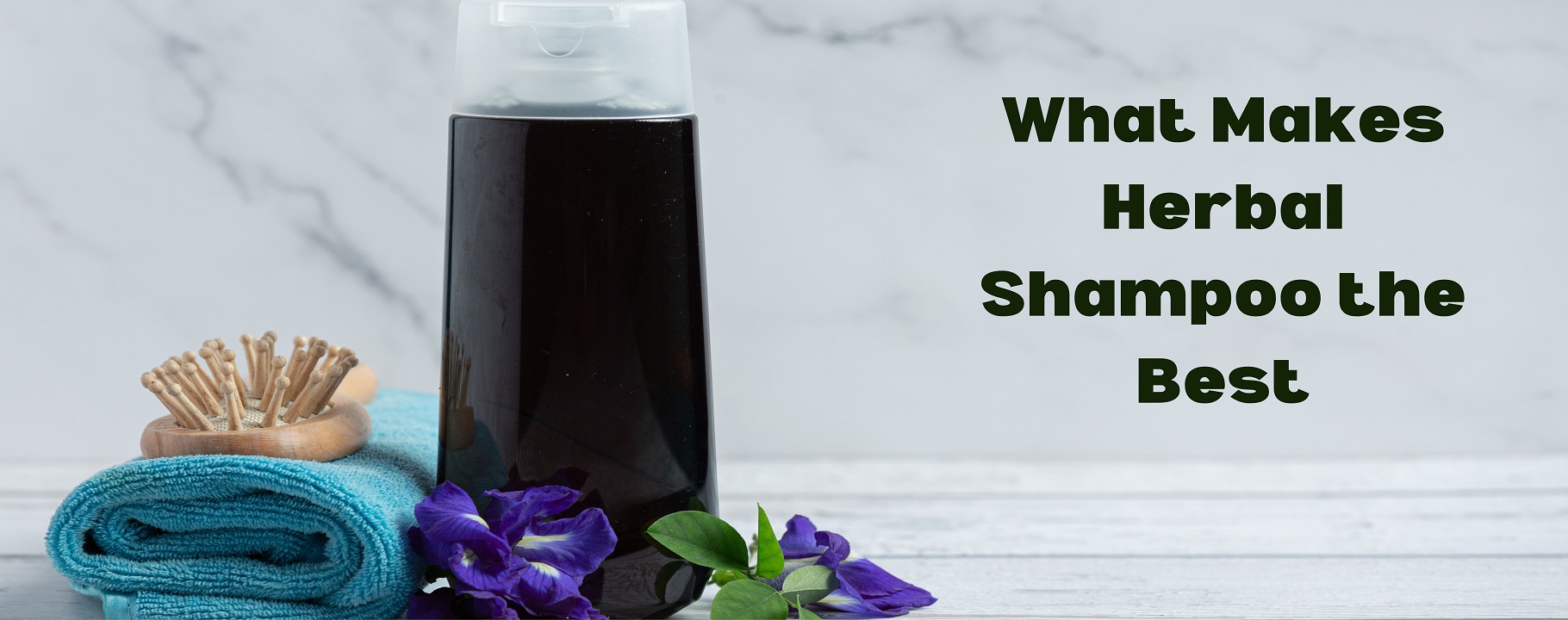Understanding Dandruff
Excessive dead skin cell shedding from the scalp is the hallmark of dandruff, a chronic condition of the scalp. Normal dead skin cell shedding is almost undetectable, but excessive cell turnover results in flakes that are visible and are referred to as dandruff.
Commonality of Dandruff
About 5% of Indians suffer from dandruff; the condition is more common after puberty, especially in the 20–30 age range. It is more prevalent in men and is frequently seen in those who have poor personal hygiene and live in warm, muggy environments.
Causes of Dandruff
A fungal infection (Pityrosporum ovale) that is naturally occurring on the scalp is a common cause of dandruff. Weather variations, hormonal changes, and stress are some of the factors that can cause the scalp to produce more oil, which in turn promotes the growth of the fungus and causes dandruff.
Types of Dandruff
There are two varieties of dandruff: greasy and dry. While oily dandruff is brought on by a fungal infection, dry dandruff is linked to moisture loss.
How to Get Rid of Dandruff and Stop Hair Fall
Avoid Harsh Chemicals on the Scalp and Hair:
The natural defense of the scalp can be harmed by chemicals found in hair dyes, styling gels and sprays, and artificial fragrances. Choose safer and herbal substitutes.
Help Scalp Retain Moisture:
Shampoos with chemicals could make you dry. Preserve moisture in the scalp by steering clear of chemicals such as ketoconazole and salicylic acid in excess.
Manage Stress:
Stress impairs the immunity of the scalp, which increases the risk of fungal infections. To strengthen scalp defense, use medicated shampoos or engage in stress management techniques.
Choose Medicated Shampoos:
To avoid recurrent episodes, people with dandruff should use medicated shampoos instead of regular ones.
Herbal Shampoos vs. Synthetic Shampoos
There are two types of medicated anti-dandruff shampoos: synthetic and herbal. Plant-based herbal shampoos have benefits over their synthetic equivalents. Herbal shampoos are thought to be safe and side effect-free, while synthetic shampoos might have more.

How moha Herbal Anti-Dandruff Shampoo Works
The herbal remedy moha Herbal Anti-Dandruff Shampoo from MOHA completely removes dandruff and soothes itchy scalps. Important components with antibacterial, antifungal, anti-inflammatory, and protective properties for a healthy scalp and hair follicles include hibiscus oil, neem oil, tea tree oil, and kapurkachri oil.
Selecting products with a plant or herbal base, like moha Herbal Anti-Dandruff Shampoo, guarantees efficacy and safety in treating dandruff while enhancing the health of the scalp and hair.




